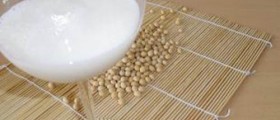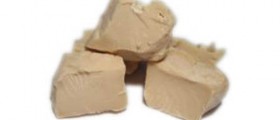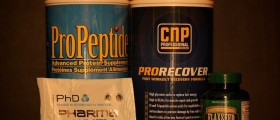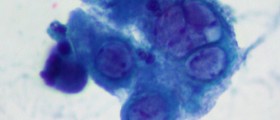
L-lysine or simply lysine is an essential amino acid. This means that it is necessary for the body’s development and health, but the body itself does not produce it. It needs to be taken from food instead. Lysine is a type of amino acids that serve as building blocks for protein. It is essential for proper growth and it assists in generating carnitine, a nutrient which transforms fatty cells into energy and lowers cholesterol. It also helps in absorption of calcium and it is essential for the production of collagen, a substance important for bones, skin, tendons and cartilage.
Normally, people get they lysine through diet. However, some people, like athletes, vegans who do not eat enough legumes and burn victims are often at risk of lysine deficiency. Insufficient intake of lysine can lead to fatigue, nausea, dizziness, bloodshot eyes, anemia, agitation, slow growth and reproductive disorders. Lysine uses
Several studies have shown that lysine has certain effect on viruses causing herpes, with outbreaks of cold sores and genital herpes. Lysine is believed to be able to prevent these conditions, however not all the studies have confirmed this. In some studies, intake of lysine did not prevent herpes outbreaks nor reduced its symptoms.
Since lysine promotes calcium absorption and reduces loss of calcium through urine, it has been suggested that it may prevent bone loss associated with osteoporosis. In addition, when combined with another essential amino acid, l-arginine, lysine increases the action of bone-building cells and improves collagen production.
Dietary sources and supplements
Generally, foods that have high protein content are considered good sources of lysine. This includes meat, like beef, pork and poultry, dairy products, especially cheese, some types of fish like cod and sardines, nuts, eggs, soybeans, especially tofu, isolated soy protein and soy flour, spirulina and fenugreek. Lysine can also be found in brewer’s yeast, beans, lentils and other legumes.
As a supplement, lysine is available in form of tablets, capsules, liquids and creams. It can be found in drugstores and pharmacies. However, before taking lysine supplements, it is recommended to consult a physician.
Lysine is not recommended as a supplement for children of age two or younger. Children from ages three to twelve can take 10 milligrams per pound a day. Teenagers and adults can take approximately 8 milligrams per pound a day.
In case of herpes infections, it is recommended to take 3 to 9 grams per day in divided doses until the infection subsides. The recommended dosage for herpes prevention is one gram (1000 milligrams) per day.
Pregnant women, people with liver and kidney disorders should consult their doctor before taking l-lysine supplements.

















Your thoughts on this
Loading...